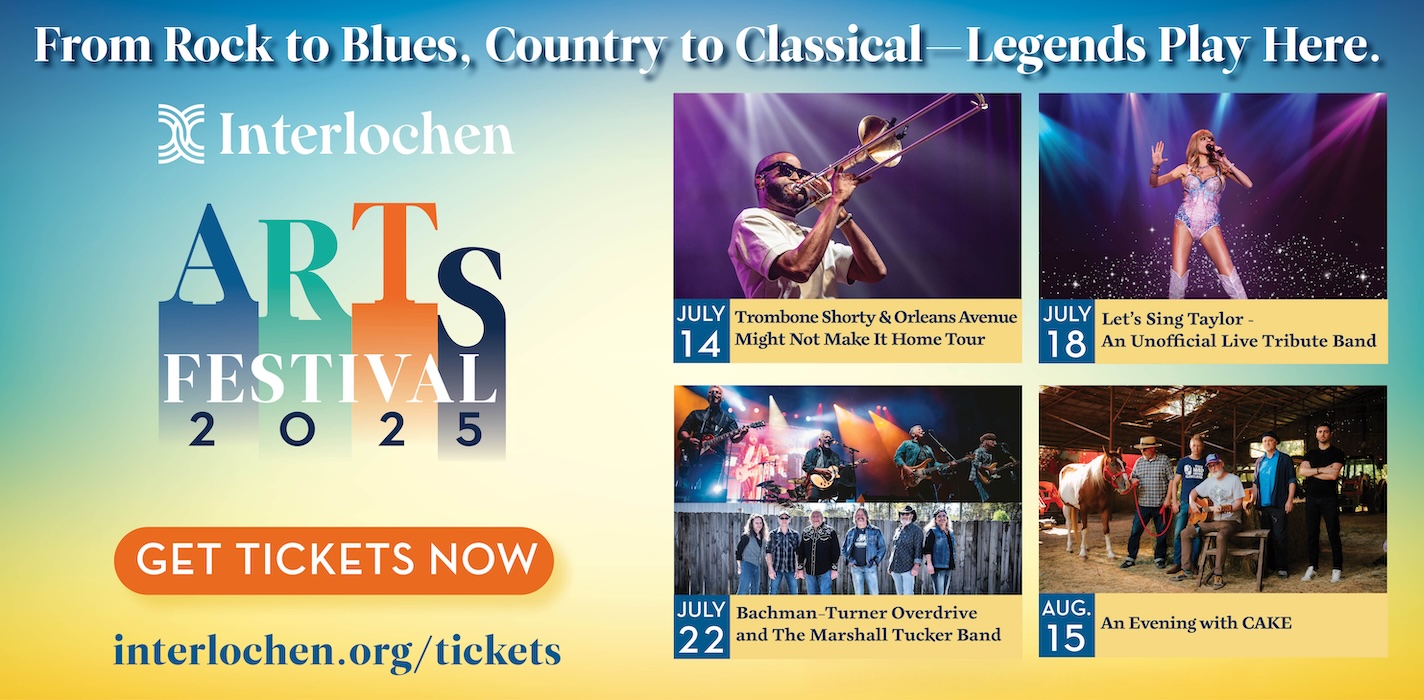
Buy The Barrel: The New High-End Trend In Local Spirits
By Craig Manning | April 1, 2021
Forget the bottle. Why not just buy the whole barrel?
It’s a question some local distillers are exploring as they embrace an industry trend that allows retailers, whiskey groups, and other customers to pick and buy entire barrels of spirits.
The standard revenue channels for craft distillers include sales at their own tasting rooms, along with distribution to bars, restaurants, grocery stores, and liquor stores. According to Chad Munger, founder of Mammoth Distilling, those channels have all taken hits over the past year thanks to COVID-19, prompting the distillery to try a different strategy.
“[Our distributors] have shifted their focus from selling to stores, to spending a lot of time trying to sell barrels and bottles to people that are involved in virtual bourbon groups,” Munger tells The Ticker. “It probably accounted for half of our distribution sales last year, and made up for the almost total loss of on-prem [restaurant and bar] sales.”
Whole-barrel sales aren’t new to the world of whiskey. Private barrel programs, barrel picking, and barrel select are synonymous, referring to a high-end niche that caters largely to whiskey enthusiasts and collectors. Hobbyist bourbon groups buy barrels and share the contents among their members. Retailers pick barrels and have them bottled as exclusive, private-label batches of whiskey only available at their stores. There are even Facebook groups dedicated to buying, selling, and trading bottles of whiskey from rare single-barrel selections.
Mammoth isn’t the only local distillery getting in on the action. Grand Traverse Distillery is a year into its first-ever “barrel pick” program. Traverse City Whiskey has provided “barrel select” versions of its bourbon to retailers like Total Wine & More, and to notable private barrel clubs like Bourbon Pursuit. Ethanology offers a twist on the formula, with a high-end workshop program where customers help the distillery craft barrels of spirit from scratch.
What’s the fuss? According to Landis Rabish, co-founder and head distiller for Grand Traverse Distillery, the appeal of private barrel picks comes down to the barrels themselves. Every barrel, he says, lends a unique character to the whiskey aged inside it, with variables ranging from the chemistry of the wood to the climate in which the barrels were stored. Most of the specific flavor notes of whiskey – including caramel, vanilla, fruity elements, oak, and more – come from the barrel.
“Say in a week, we put up eight barrels of whiskey,” Rabish explains. “When we pull them down a few years later, they are all unique.” He adds that, in a typical whiskey-crafting process, distillers will sample the whiskey out of each barrel in search of complementary flavor profiles that can be blended and balanced together. It’s through this barrel-blending process that most distilleries arrive at their standard whiskey products.
“But every once in a while, you find one barrel that is perfectly balanced on its own,” Rabish continues. “For that product, let's say you pull 180 bottles out [of the barrel]; there will only ever be 180 bottles. You’ll never recreate that product. So that’s the thing about barrel picks: it’s very exclusive, it’s very limited, and it’s a very personal experience. Everyone has a certain flavor they like, and to be able to sit down, try a variety of offerings, and pick the one that speaks to you, that’s what people like about it.”
It used to be that whiskey enthusiasts would hunt down rare bottles of spirits from major distilleries around the world. Experts say barrel-select programs are replacing that needle-in-a-haystack search by giving hobbyists something different to chase.
“There's no question,” Munger agrees. “And partly, it's because it’s more interactive. When you're just hunting for rare things, everybody's hunting for the same thing. When you're looking for a barrel pick, you can actually do the pick. You can be involved. It's not that [the whiskey] is rare and you found it; it’s rare and you picked it, or its rare because you helped make it, or you helped create the blend, or you picked the finish that was going to go on it. It's far more experiential.”
Mammoth is also getting experimental with its barrel pick program. The whiskey in those barrels is actually not Mammoth-made: Munger notes that, as a young distillery, Mammoth only has so much whiskey matured and ready to sell. That product mostly goes into the company’s tasting rooms or distribution footprint. Instead, Mammoth’s barrel pick program uses a base of “older Canadian rye” that the distillery purchased in bulk several years ago. Using that base whiskey, Mammoth has opened up options for barrel buyers to customize their own blends (a popular option for weddings), or to select whiskeys finished in unique types of barrels, ranging from pinot gris to maple syrup to scotch. The goal, Munger says, is to create a situation where the sky is the limit for whiskey enthusiasts.
“There really are no corners on the innovation,” Munger explains. “It's all about taste and how risky people are.”
Innovation is also the name of the game with Ethanology’s “Barrel by Name” program. That offering is unique from other programs in the region, in part because Ethanology – a small-batch distiller that only makes spirits on a single-barrel basis – doesn’t have the inventory to sell off entire barrels. Instead, Barrel by Name invites customers to invest in the creation of new spirits. One example, Co-founder Nick Lefebre says, is a Gewürztraminer brandy, which he calls “the most expensive product we’ve ever produced.” Customers helped bankroll that spirit – which is still aging and has not been released– as part of Barrel by Name.
“We bring the customer into our process,” Lefebre says. “All the ideation, all of the planning, all of the sourcing, the relationship building with all of our local farmers. Once we're at the point of production, we bring them into the back and teach them what we're doing. We ferment, we mash, we mill, all the way to the point where the customer gets to bottle their product. And that could be 6-10 years for some of our brandies, or 15 years If it’s a single malt. But then, that day, they get to come de-cask, and bottle and label, and we release the product. And they get their name on it.”
Comment






